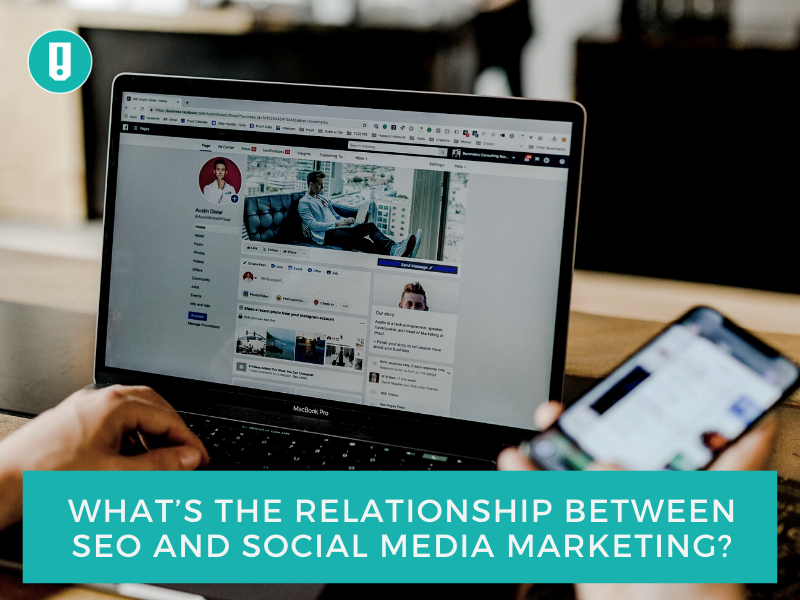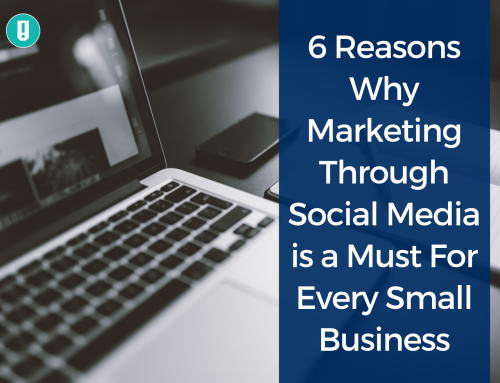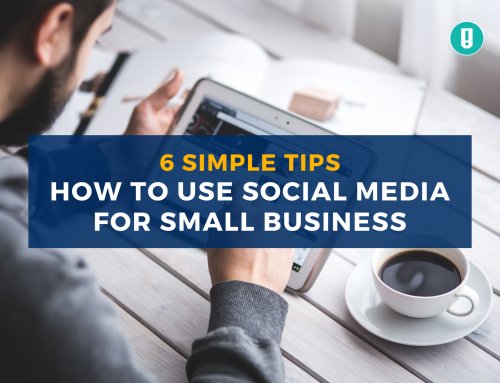If you’re currently re-evaluating your company’s marketing strategy, then you’re probably already familiar with terms like search engine optimization (SEO) and of course, social media.
In recent years, marketing teams have had to deal with the ever-changing rules of SEO and they have also seen the social media industry explode and become a hugely important marketing tool for businesses across the globe.
But despite both of these aspects being so important, often businesses are failing to make the all-important connection between the two.
These should not be treated as two different aspects of a marketing campaign but rather two channels that go hand in hand. Because if you think about it, search and social media both solve the same problem for your target audience: information discovery.
So by understanding how SEO and social media work together, you can plan and create better social media marketing campaigns in the future.
Read on to discover more about the important relationship between SEO and social media marketing.
Social media can help you rank better on SERPs
SEO can be complicated and getting the right strategy in place can take time but it is largely about understanding what search engines are looking for and spoon-feeding them the right stuff. This means they’re more likely to rank you higher in search engine results pages (SERPs).
And social media can play an integral role in this.
If you’re posting great content that people are engaging with and that is driving them to your website, search engines will take notice! This can help your website to rise through the ranks as it becomes more trusted and visible. We’ll look at this in more detail below.
Search engines are taking social media interactions into account
Following on from our first point, whether we like it or not, social media is a huge part of our lives, with over 4.2 billion people worldwide using social media at the start of 2021.
As such, search engines have recognised the power of social media and have begun taking social presence into account when delivering search results. This means that social media has a direct impact on SEO.
Some of the key ways in which search engines use social media to determine rankings and relevant content include:
- Paying attention to whether a website gets shared on social media. If it does, it gets better search rankings
- Looking out for consistent use of keywords in social posts and using these to rank relevant channels and content
- Following links that businesses place in their profile or bio can increase traffic to the site and therefore boost their rankings
And these are just a few ways in which search engines are noticing social media content and interactions and using these to rank the most relevant pages.
Your social media profiles will also rank in search engines
It’s not just about driving traffic to your website in order to build your brand and get your website to rank for your chosen keywords. Oh no!
As we’ve said, search engines have recognised the importance of social media and the role it plays in helping people to find useful content and information. As such, not only can your website rank but so can your social media pages.
So for example, if you’re a company that sells gardening equipment, when someone searches for the relevant keywords Google might present them with your website. But more than this, if you’ve been sharing great content it could also direct them to your Facebook page, Twitter, Instagram, etc.
This can encourage people to follow your channels and rather than just making a purchase and forgetting about it, they might engage with your brand long into the future! This is great for building brand loyalty.
Social media and SEO are important parts of the customer journey
Another important connection between social media and SEO is that they both play a role in turning a stranger into a visitor and loyal customer.
How?
It’s first important to know that a person will usually have several interactions or touchpoints with a brand before purchasing their goods or services. This might be adverts, review sites, shopping suggestions on Google or a social media post from one of their connections.
Either way, people rarely click and buy the first thing they see. Often there is more research and time involved in getting the know the brand and products.
SEO makes this possible when individuals run internet searches to find the most relevant providers or content. Similarly, social media can help with suggestions, advertising and peer reviews.
The best way to understand this is to look at another example and we’ll use the scenario of our gardening products supplier from earlier on.
Let’s say an individual sees a friend post about their amazing new lawnmower, so they run a quick Google search to see what all the fuss is about. Later that day, they see an advert for that same lawnmower suggested on their Facebook feed and decide to follow the brand’s page. A week later, they see the brand is running a 20% off deal and decide to make the purchase.
Can you see how both search engine results (SEO) and social media contributed towards the customer journey from discovery to purchase? Both aspects played their own important role and worked together to achieve the end result – making a sale!
Social media platforms also have search functions
Lastly, though you might not think about them like search engines, social media platforms do have search functionality. Often, people will use these platforms to find items for sale, relevant groups and pages to follow or new content to read and share.
As such, companies must consider SEO whenever they’re posting on social media if they hope for their goods or services to be visible in relevant search terms.
Pinterest is a perfect example of this. Often considered a social media platform where many make lovely boards and look at beautiful images for hours on end, this is actually one of the world’s most effective search engines.
As such, businesses need to expand their concept of SEO so that it doesn’t just include search engines like Google. It must also take into account social media searches too.
So as you can see from this guide, neither strategy can work in a vacuum. Both social media and SEO support each other and their relationship although complicated, must be nurtured for better social media marketing strategies.
Stuart Cooke is the Founder of Levity Digital with over 8 years of experience in digital marketing






Leave A Comment